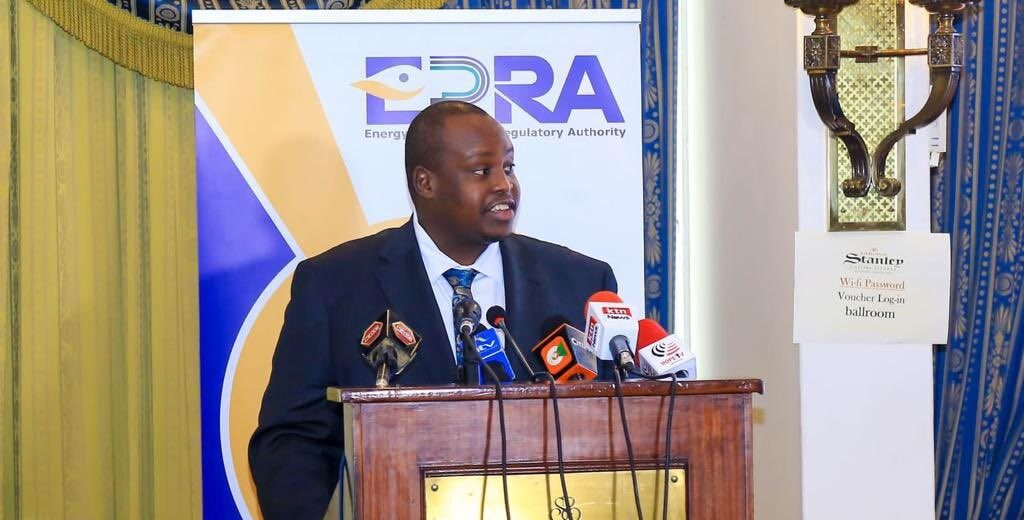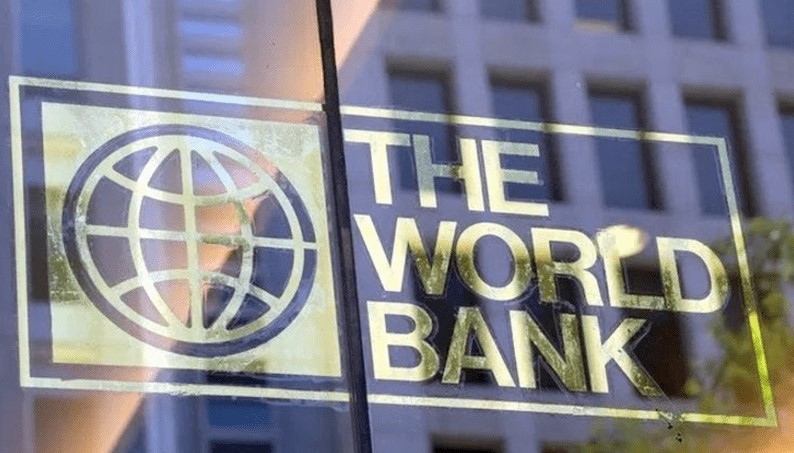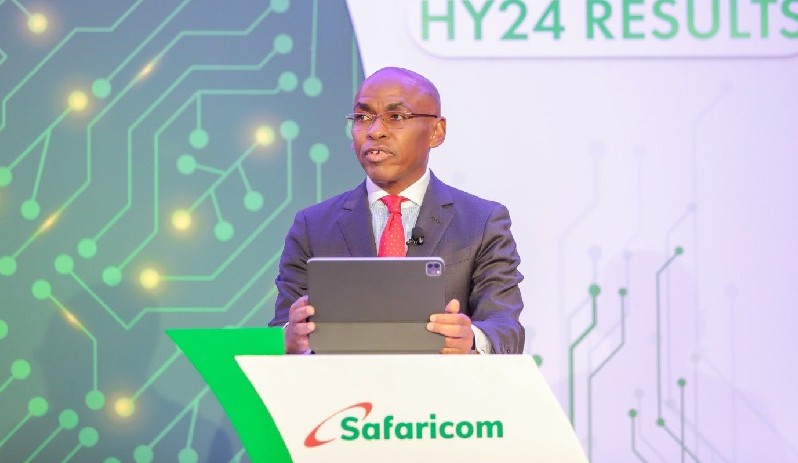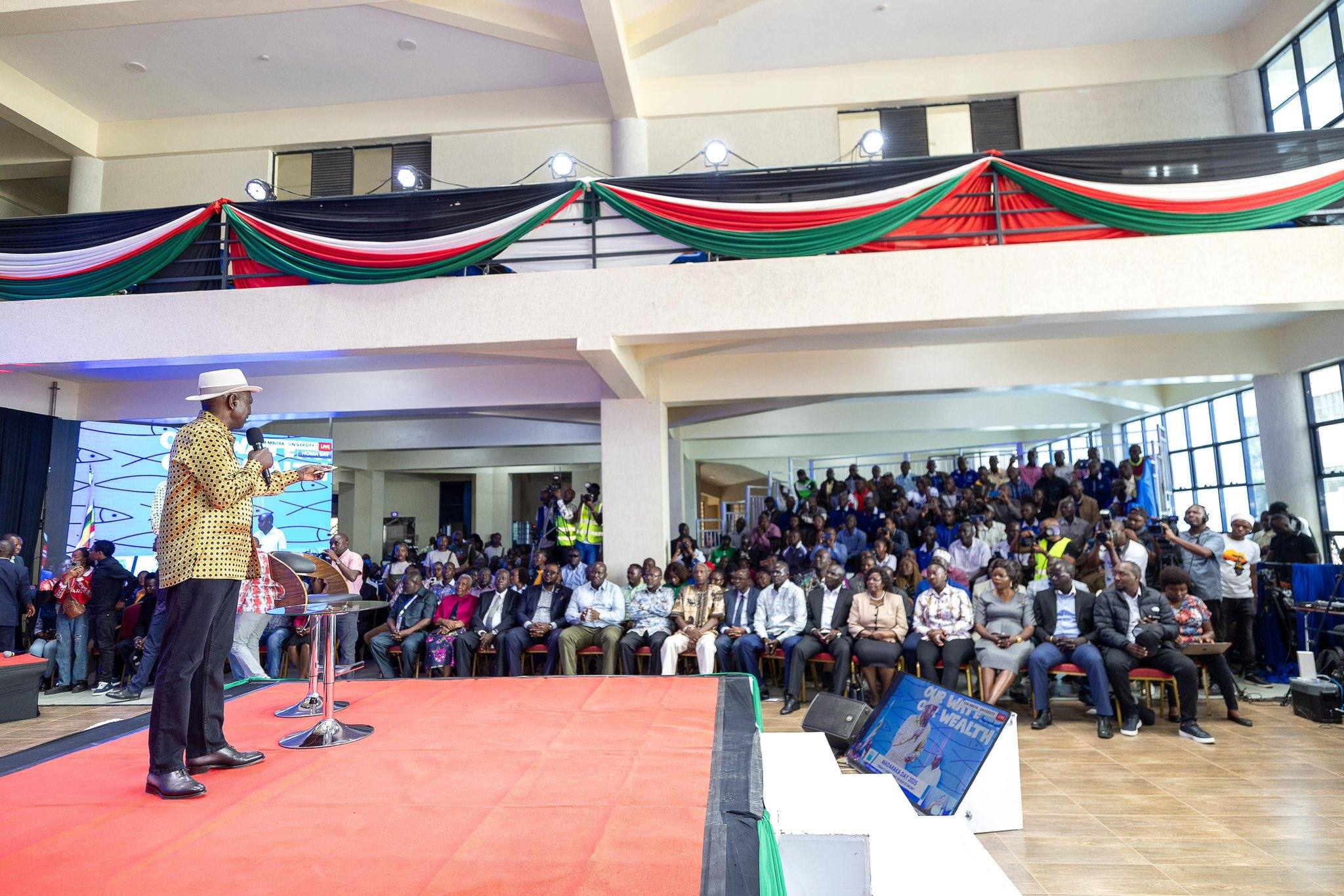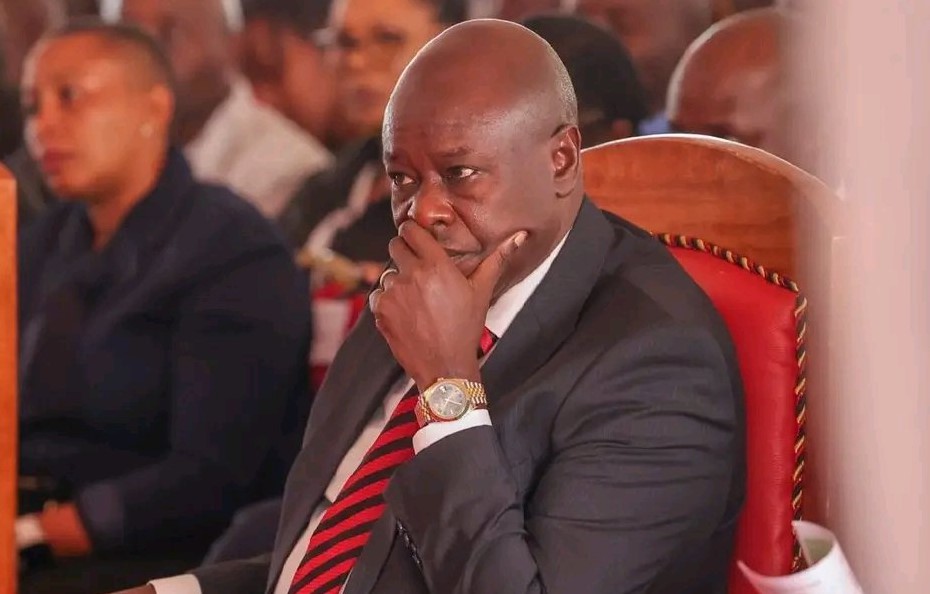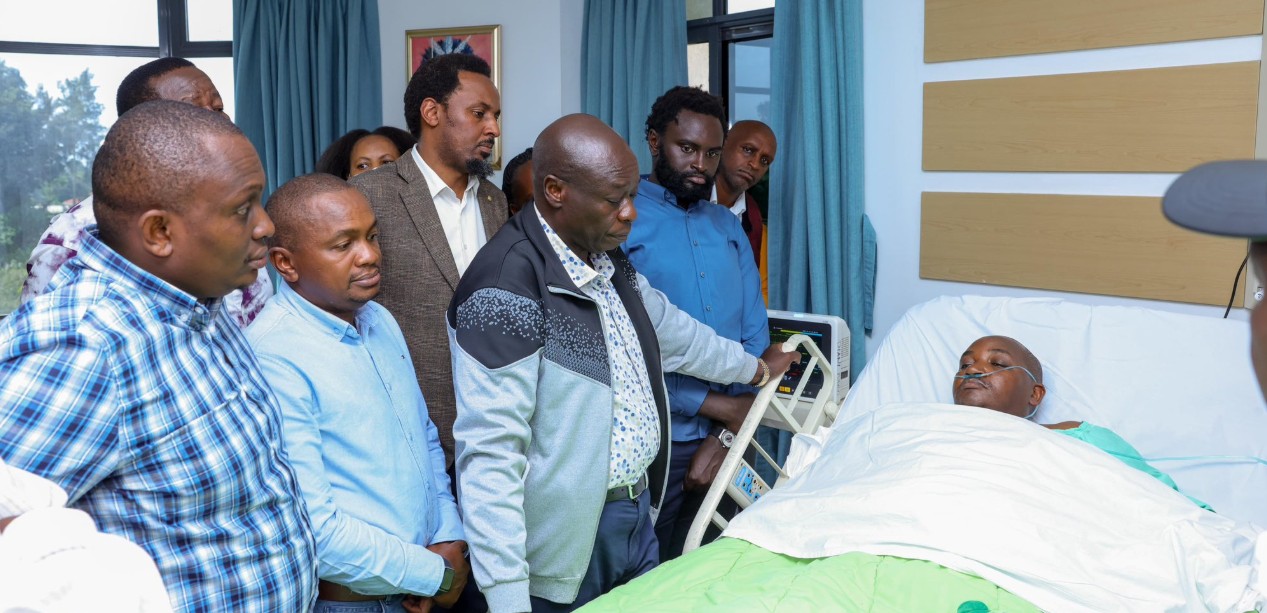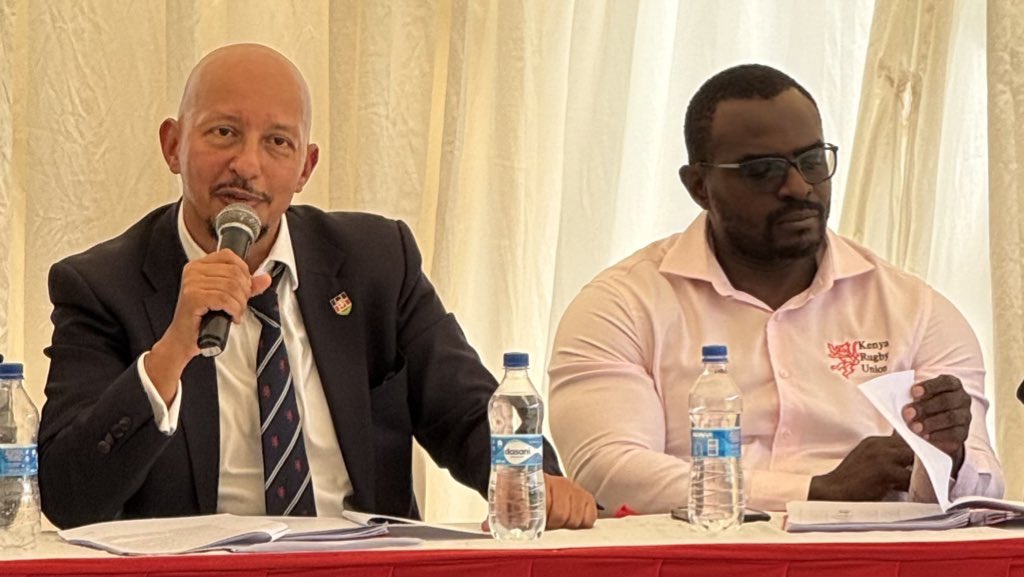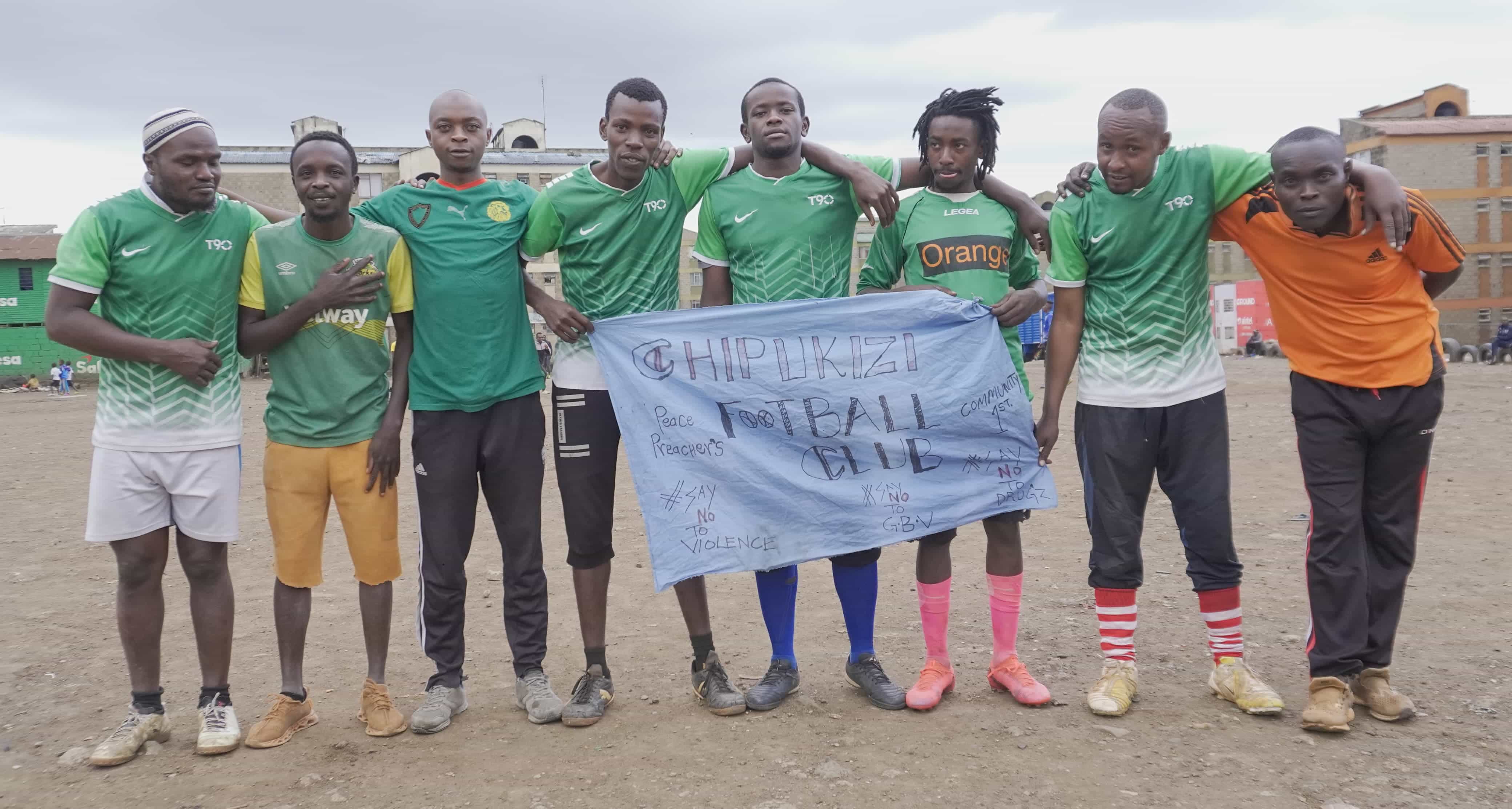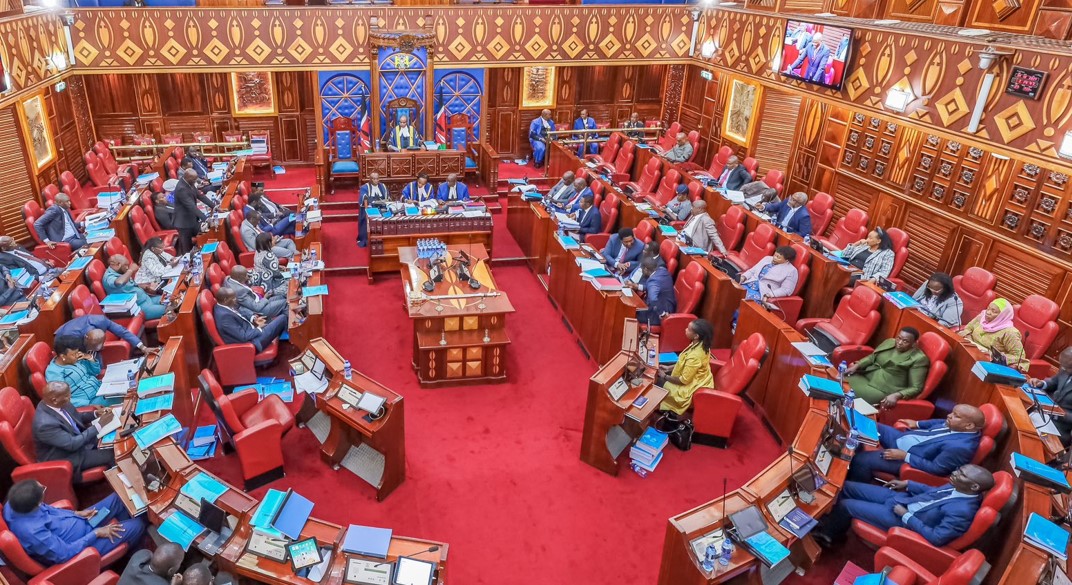Gachagua defends election chaos remarks, blames Ruto allies for "misinterpretation"
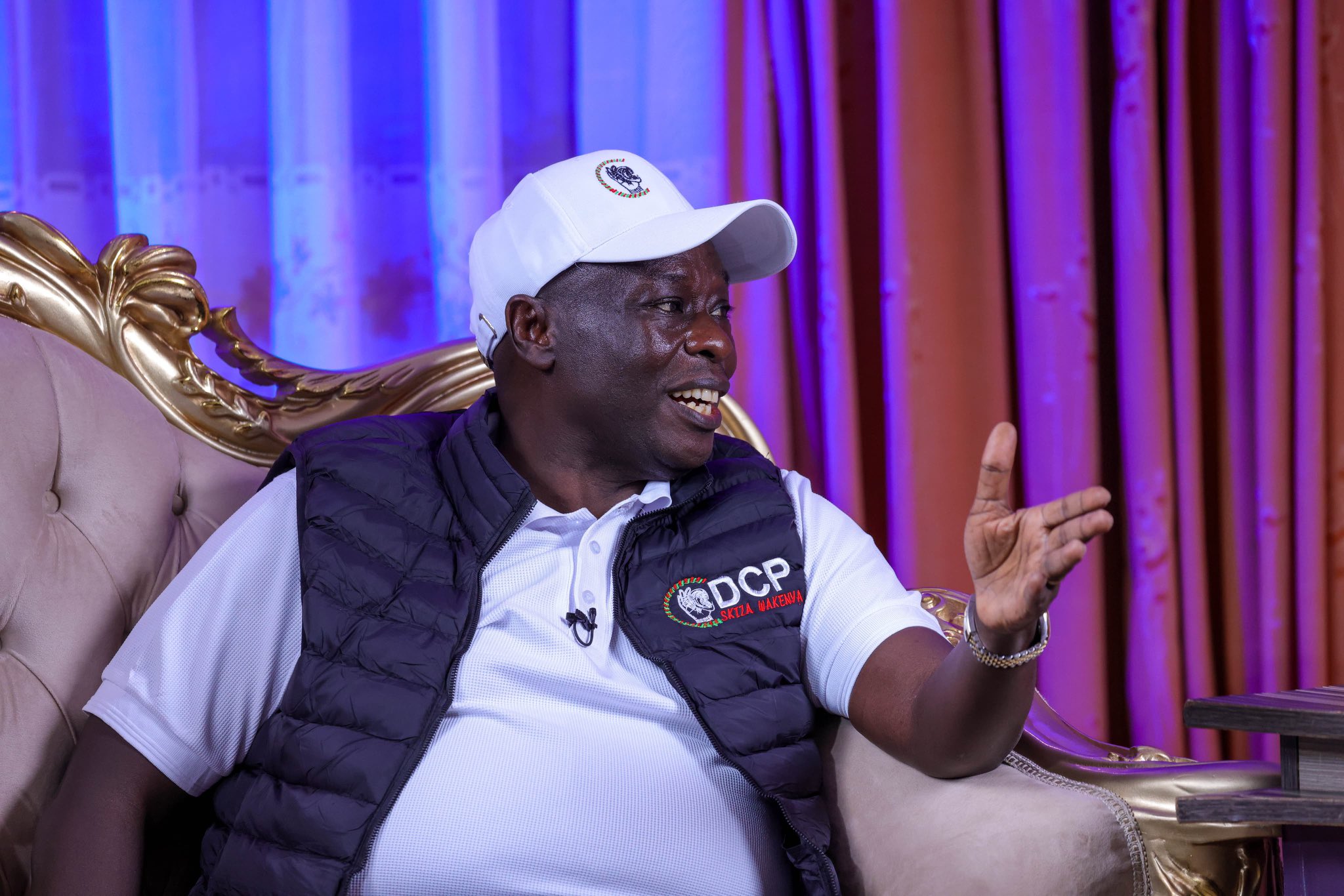
Gachagua says his statements were taken out of context, insisting he only meant that President William Ruto would lose the election regardless of who is appointed to lead the electoral commission.
Former Deputy President Rigathi Gachagua has responded to the National Cohesion and Integration Commission (NCIC) regarding his recent remarks on potential election chaos in 2027.
In a letter through his lawyer, Kibe Muigai, Gachagua says his statements were taken out of context, insisting he only meant that President William Ruto would lose the election regardless of who is appointed to lead the electoral commission.
More To Read
- Court upholds dismissal of Gachagua’s staff after impeachment
- Businessman moves to court to stop three-judge bench from hearing Gachagua’s impeachment case
- Music meets politics: Content creators slam Gachagua’s call to boycott musicians who met Kindiki
- CJ Koome retains three-judge bench to hear Gachagua petitions
- NCIC maps violence hotspots ahead of 2027 polls, vows to name and shame hate offenders
- NCIC vows action against Gachagua over 2007/2008 post-election violence remarks
He expressed confidence that the Commission, under the leadership of Rev Dr Samuel Kobia, would evaluate his remarks within their proper historical and political context before labelling them as reckless utterances.
Gachagua said his comments were in response to troubling political rhetoric from President Ruto's allies and emphasised that his words were not incitement but a warning.
"Some of the President's close associates have suggested, both implicitly and explicitly, that if Ruto appears unlikely to secure reelection, alternative means—including rigging—might be pursued to ensure his victory. Specifically, the following statements have been made in the recent past by close associates of President William Ruto, including Oscar Sudi," the letter states.
The former Deputy President expressed regret that his speech, delivered in vivid language, metaphors, and figures of speech, was misinterpreted and sensationalised.
He argues that, properly understood, his comments meant only that "President William Ruto stands to lose the 2027 presidential election irrespective of the person who will be appointed as the chairperson of the Independent Electoral and Boundaries Commission (IEBC)."
Gachagua went further to allege that those close political associates of President Ruto will resort to any means, including rigging, to ensure his re-election in 2027.
He claimed that such statements have triggered national anxiety over the credibility of the forthcoming election.
"The public perception, fueled by remarks such as those by Kapseret MP Oscar Sudi—some of which were made in the presence of President Ruto without any rebuke or distancing—has led to a growing belief that there exists a deliberate plan to subvert the will of the people through rigging," Gachagua stated.
He criticised the President's failure to condemn such remarks, calling it "tacit approval of a rigged agenda."
"The responsible course of action would have been for the President to publicly disavow any rhetoric that undermines the Constitution and threatens the integrity of future elections. Faced with this silence from the highest office and mounting public anxiety, our Client found it necessary and inevitable to articulate the concerns of millions of Kenyans who are determined to resist any attempt to compromise the democratic process," he said in the letter to the NCIC.
According to him, the statements from Ruto's allies amount to an "unlawful, even treasonable," attempt to subvert the Constitution.
"Article 3(2) of the Constitution provides as follows: any attempt to establish a government otherwise than in compliance with this Constitution is unlawful," the letter reads in part.
He accused the NCIC of inaction, stating, "Your Commission has remained inert in the face of the above statements that clearly contravene Article 3(2) of the Constitution, which criminalises any attempt to establish a government outside constitutional norms."
Gachagua argued that if the Commission were genuinely committed to its mandate, it would confront those endorsing election fraud rather than targeting critics.
Top Stories Today

